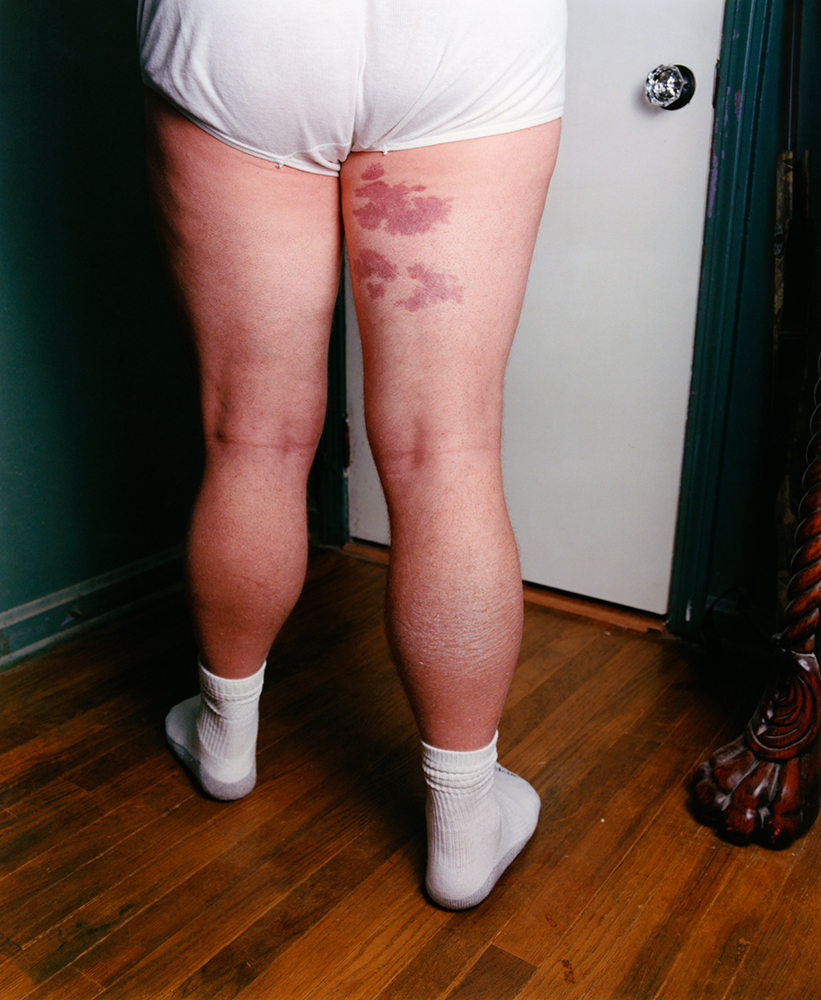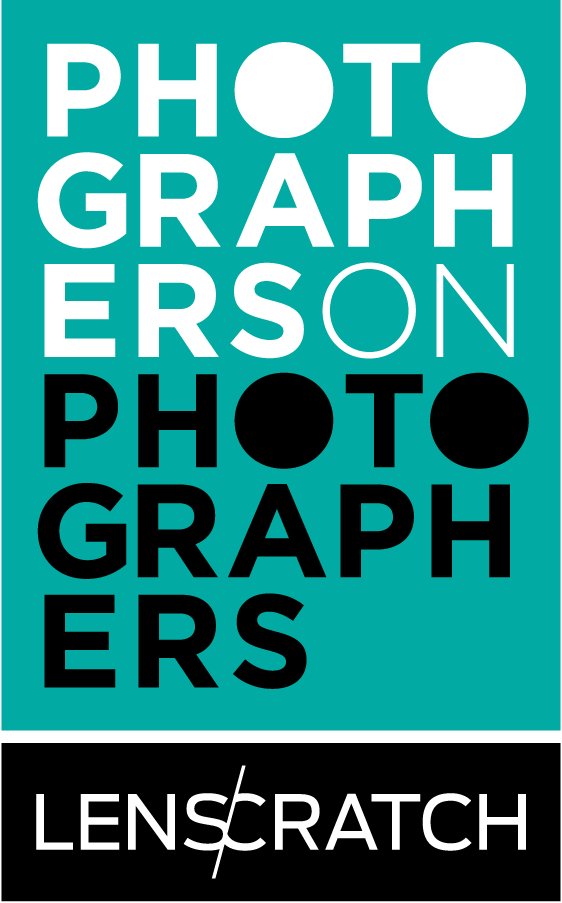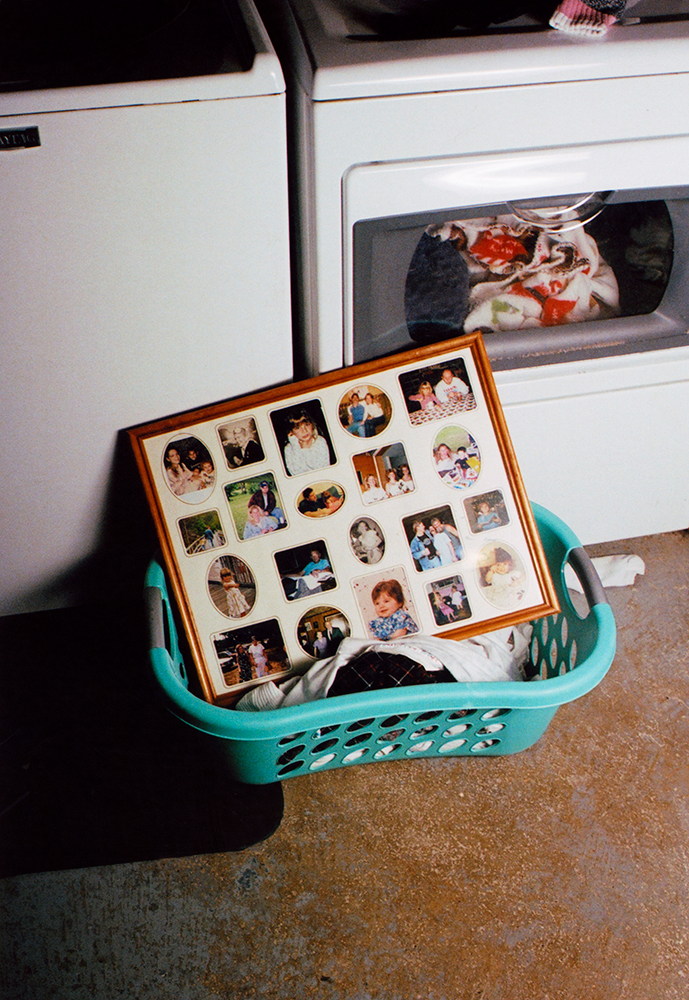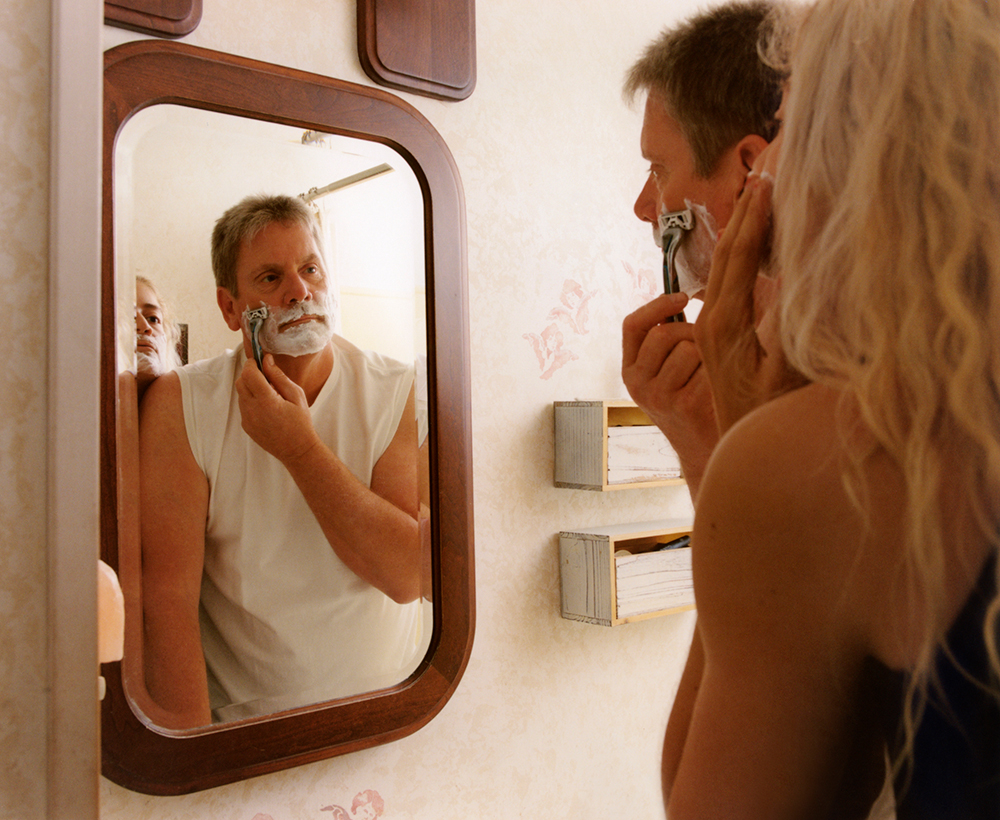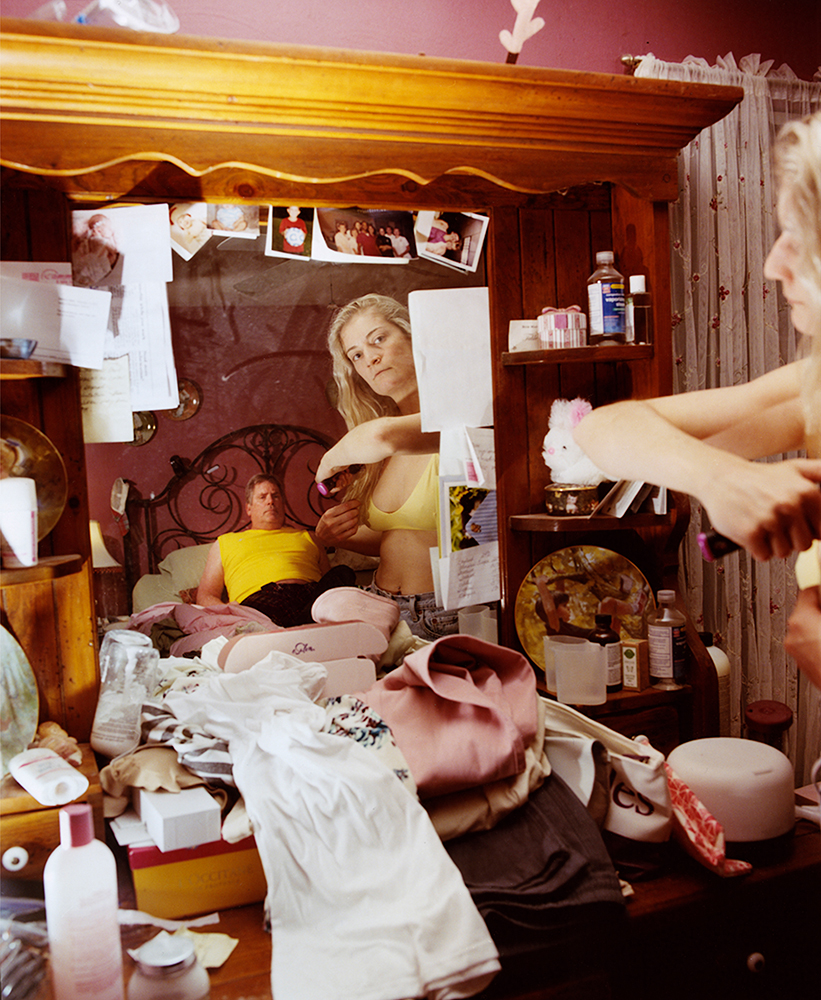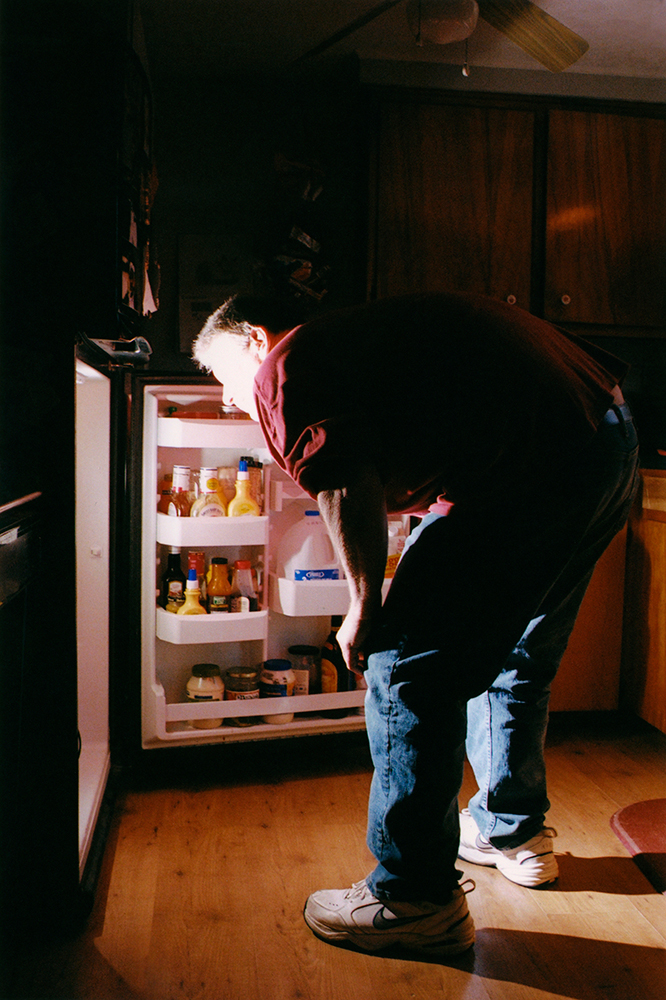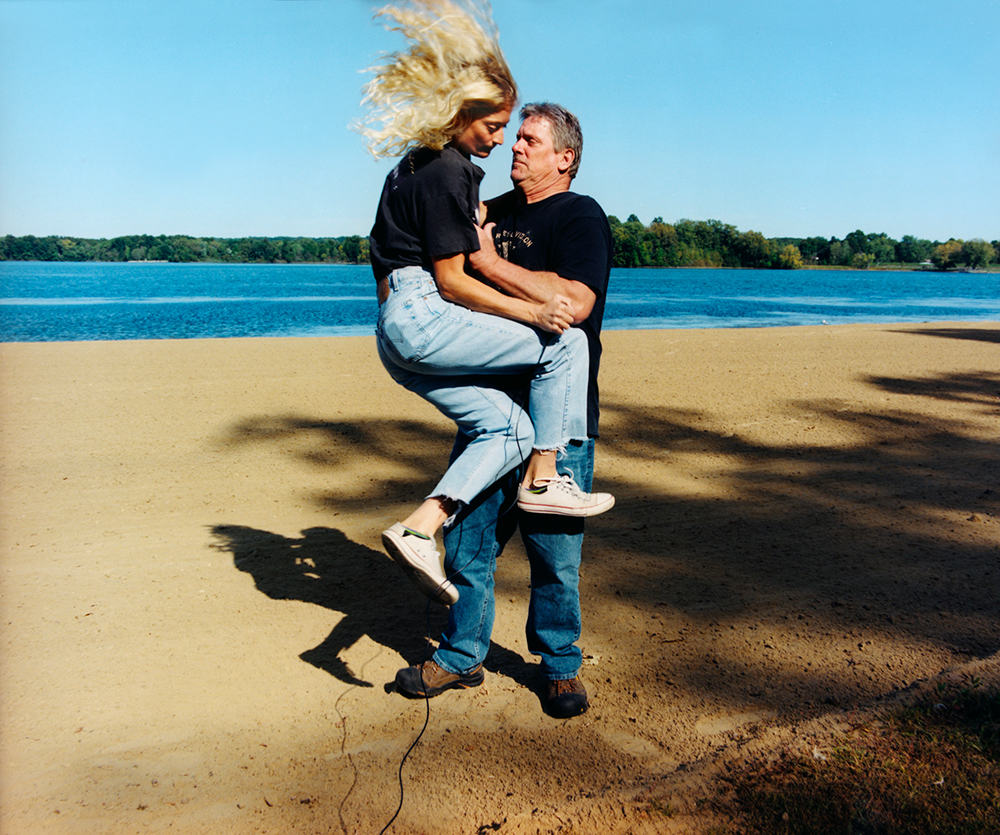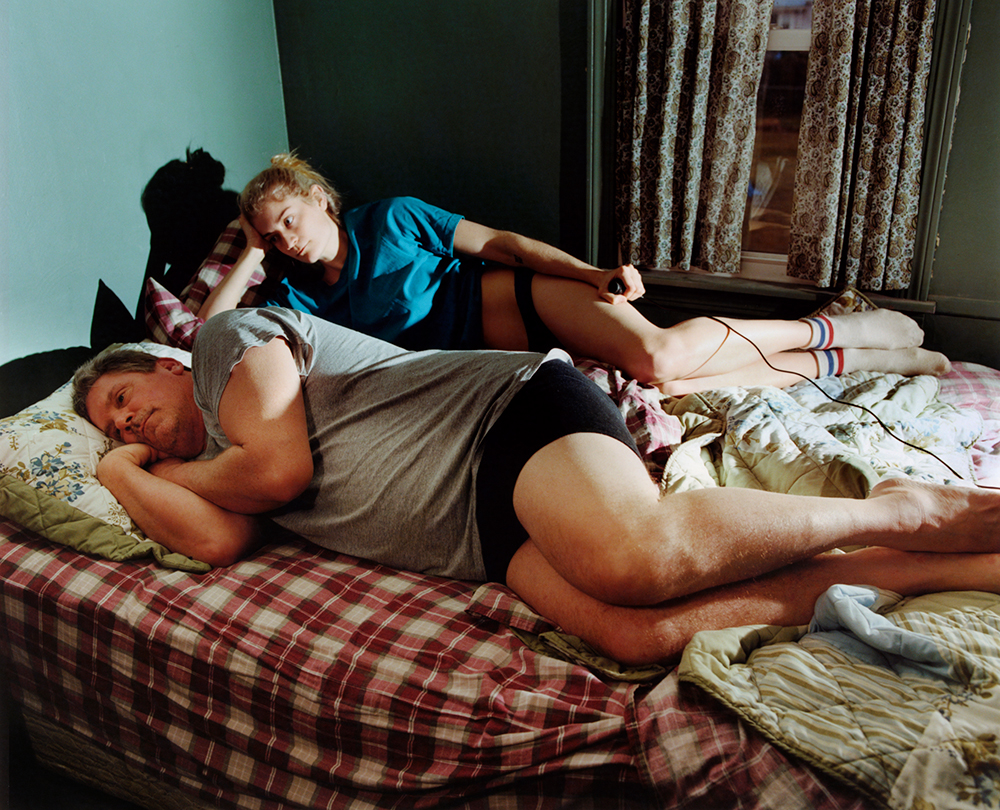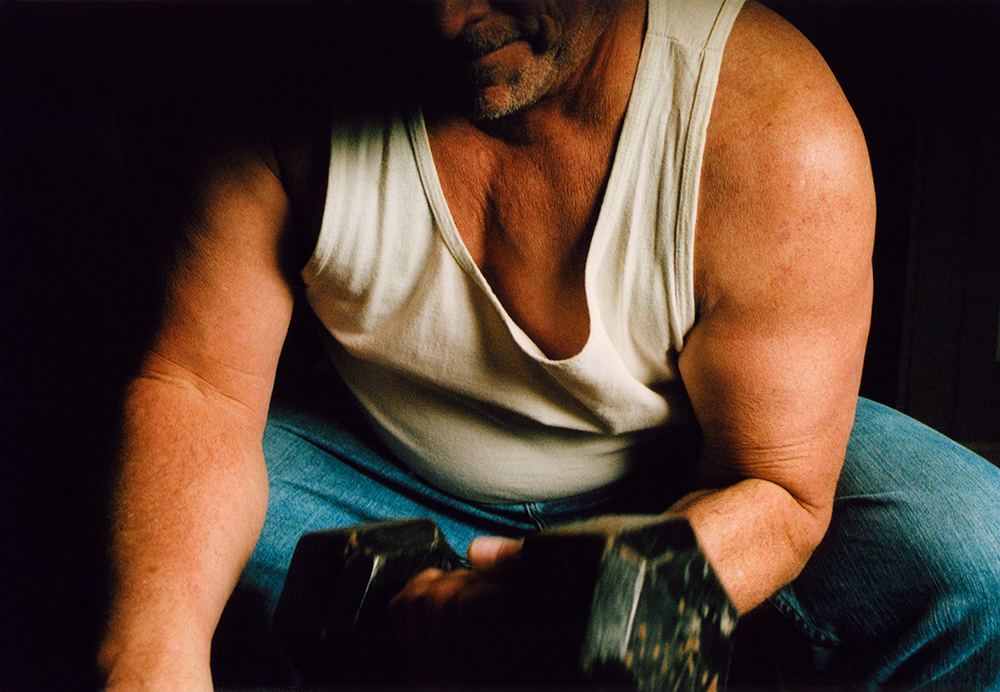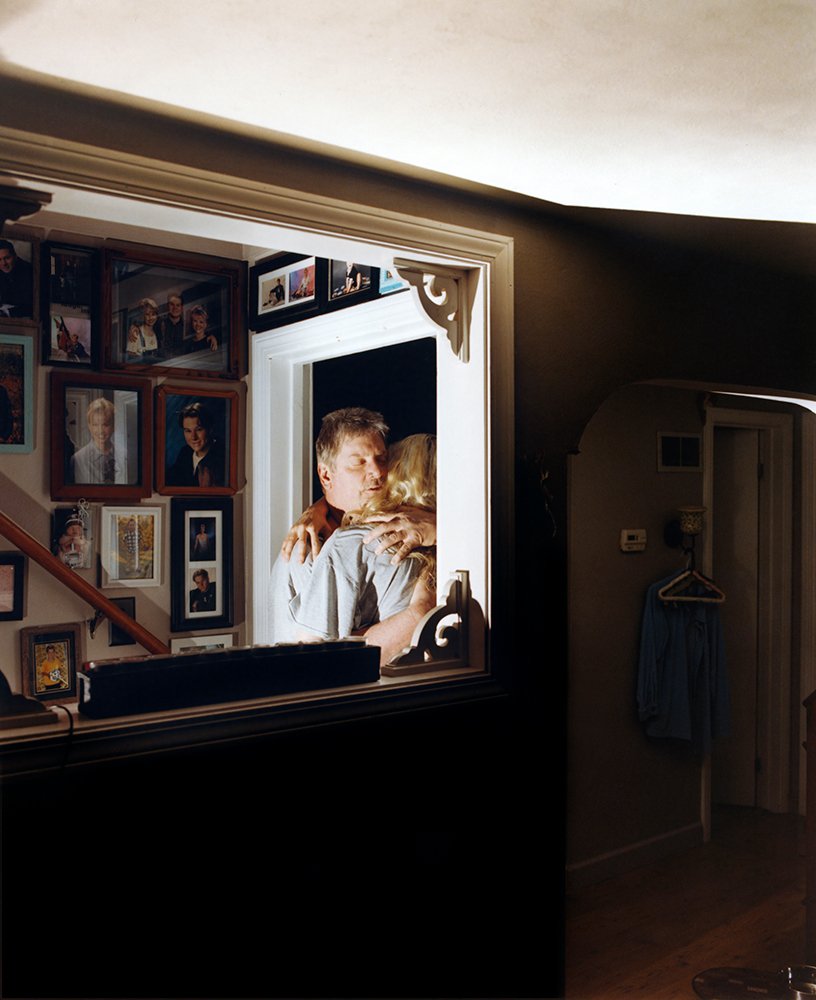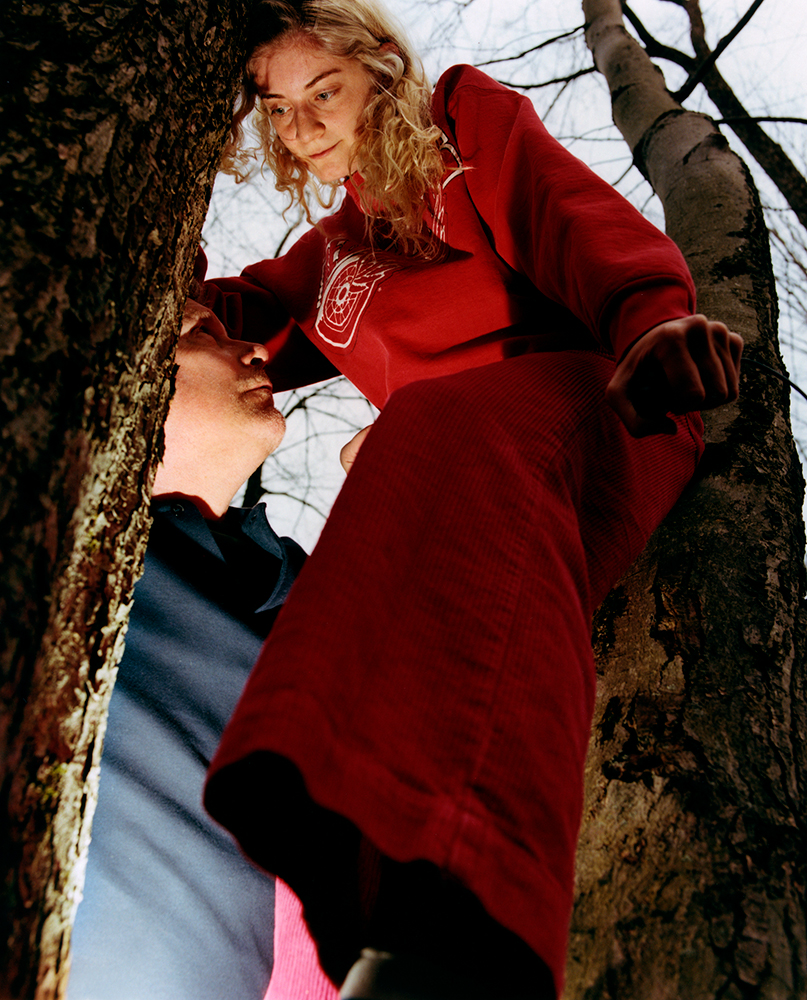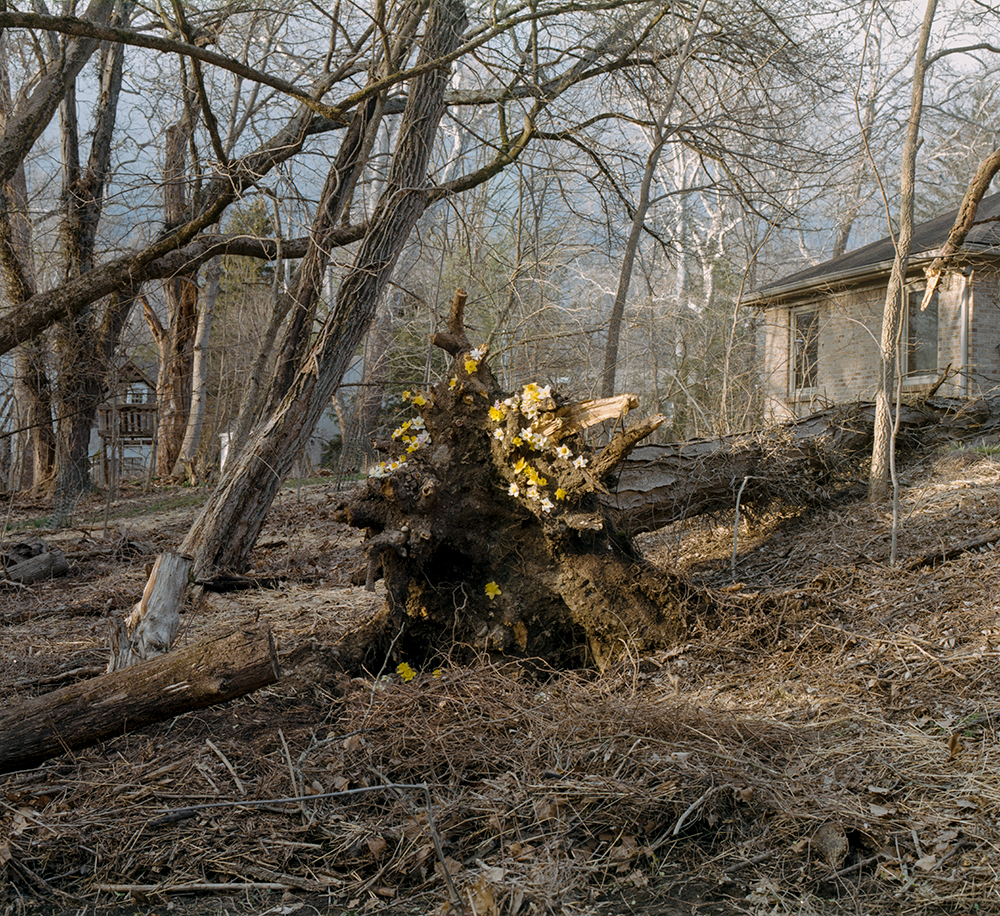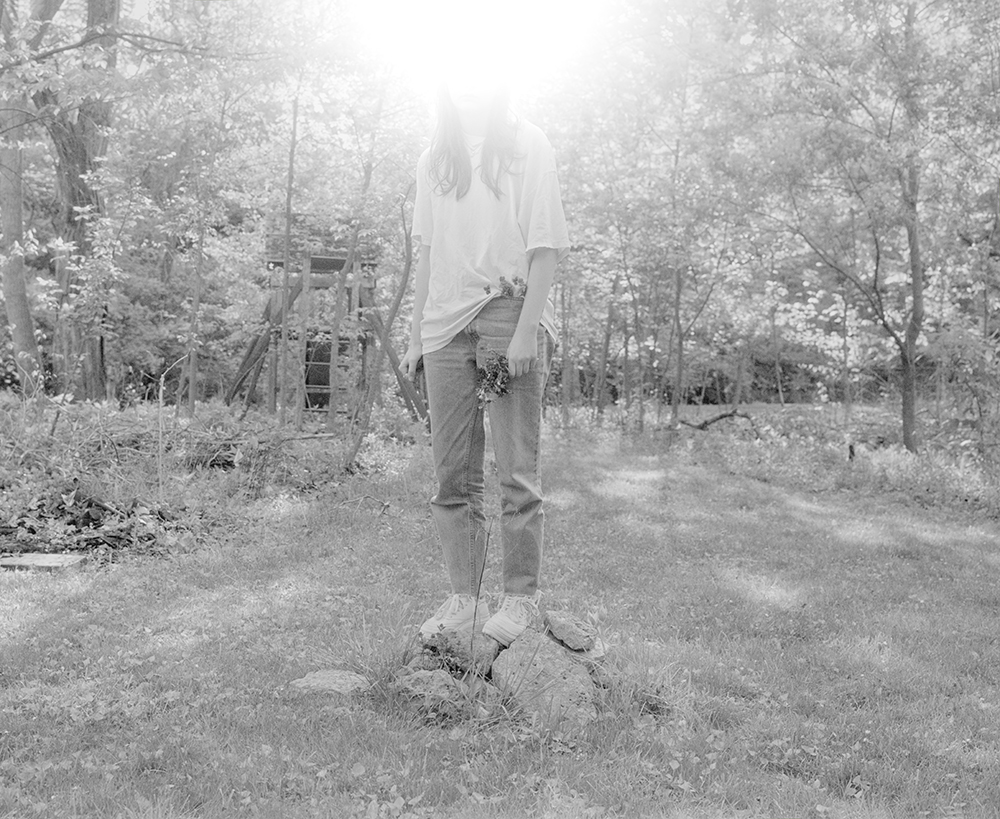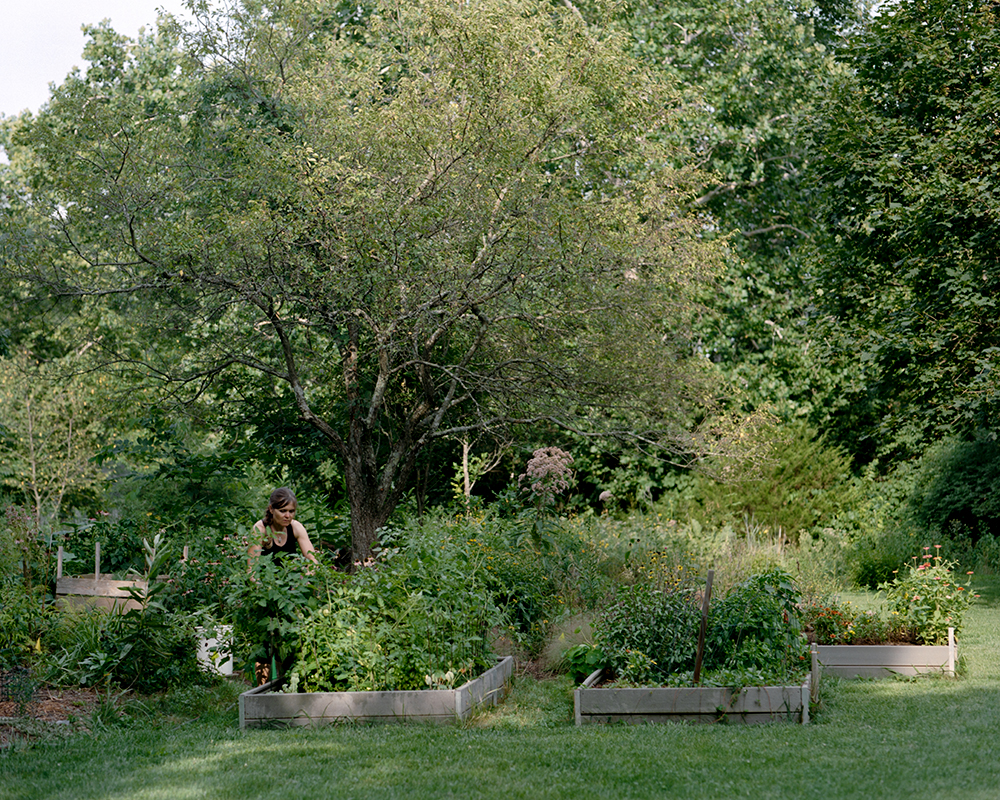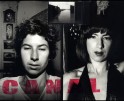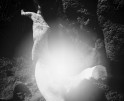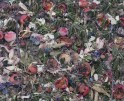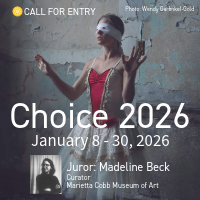Photographers on Photographers: Emmaline Carter in Conversation with Ashley Markle
Ashley Markle is a photographer and mixed-media artist originally from Ohio, currently residing and working in Brooklyn, NY. Her work has been featured in publications such as Dazed Magazine, i_D, British Journal of Photography, and Aperture, among others. Notably, in 2022, Markle’s art was showcased at the PhotoVogue Festival in Milan, Italy.
Upon my first encounter with Markle’s work, I was deeply moved by the candidness and vulnerability evident in her personal projects, and I especially connected with her series titled “Do you know how beautiful you are?”. In this series, Markle navigates and documents her reconnection with her father, delving into themes of reconciliation, mental health, and healing, all set against the (familiar) gently melancholic backdrop of Ohio’s landscape.
Ashley Markle (b. 1995) is an Ohio born and fled photographer, currently working between Brooklyn, NY and whatever patch of grass she can find. After painting in high school, she received her Bachelor’s in Film from Kent State University. She then moved to Brooklyn and began studying photography at the International Center of Photography where she completed the Continuing Education Track Program followed by the Advanced Track Program in which she received a full scholarship. Her background in painting and film as well as her intense ability to vividly dream every night since birth, heavily influences her process. Her work focuses on identity in relation to the intricacies of personal relationships as well as the impact of societal tropes on the formation of specific roles in relationships, gender, age and sex. She is interested in how her photographic tools become collaborators in her image-making process just as much as her subjects; playing with the traditional roles of author/photographer and subject. Her work has been featured/exhibited in the British Journal of Photography, Aperture, Elephant Magazine, Aint-Bad, It’s Nice That, Paper Journal Magazine, Dazed, i_D, and the International Center of Photography.
Follow Ashley Markle on Instagram: @filmmarkle
Do you know how beautiful you are?
I began photographing with my father after not having seen him for 10 years. Throughout my adult life, the vision I had of my father was formed through hazy childhood memories and understandably-biased stories from my mother. I thought of him as lazy, party-obsessed, unintelligent, and selfish. When I began photographing with him, I approached the subject matter through my own selfish lens. The images reflected a need to be seen and loved by him. I recreated childhood moments that I missed out on. And above all, I visually screamed at him for missing such a big portion of my life. Halfway through creating this work, the tone began to shift as I started photographing observations of his life. The more insight he gave me into his present and past began to melt my constructed visions of who I thought he was. His perceived laziness became a desire to wind down from a lifetime of working grueling manual labor jobs. His inability to control his temper and abide by authority figures existed because of uncontrolled mental health issues which run rampant in the Markle family; most pertinent in the suicide of my father’s closest brother, Bruce. My dad is the youngest of 11 children to a poor family in Warren, OH. Having experienced years of murders, prison sentences, sexual abuse, and countless hardships and tragedies, the Markle family is resilient and holds onto the love they have for each other to survive.
With this new outlook on my family, I began to look back to that period of my life without my father. I always felt like an alien; surrounded by people who did not understand me. Rage fits occurred often and I could never pinpoint where the feelings came from. I was carrying this heavy weight around with me but I didn’t know what the weight was. Upon this reflection, the images made with my father shifted. I became more curious about his story inside the Markles and how those traumas may have transferred to me. I found solace in my emotional twin. The images began exploring this connection between us that has always existed through our blood, as well as our new freedom to navigate our minds together. This project is a photographic journey through the last 5 years of constructing a relationship with my father. -Ashley Markle
Emmaline Carter: You’ve previously stated that your background in painting and education in film influenced your photography. How do you see these influences reflected in your approach to image-making and storytelling?
Ashley Markle: I think my knowledge and practice of the two mediums affect the way I see and make a photograph. I wasn’t introduced to photography as an art form until later in life so when I first began photographing, my main source of inspiration were these 2 parts of my artistic background. The way I try to tell so many pieces of a narrative in one image can be equated to my education and interest in film. The way I think of light and composition has a lot to do with the way I would create a painting. I try not to dig too heavily into this mode of thinking because I don’t want to start separating my images into pieces and parts but I am thankful I didn’t have a strong photographic background when I began because it has allowed me to form a very unique process to the way I create my images.
EC: Your photographic work began with self-portraiture. How did the transition to photographing your family feel? Did this shift initially feel strange, or did it feel like a natural evolution of your work?
AM: It felt very natural to begin photographing my family after my initial self-portraiture work. I have always thought of myself in relation to what my family has given me. That mixture of genes and experiences create who we become and at the time, I was thinking heavily about these concepts and how they relate to my family. My self-portraiture work felt freeing but also very limiting in terms of thinking of who I am. No man is an island. Making this jump felt like I was taking the training wheels off and it allowed me to finally make work that I really cared about.
EC: In your series Weekends with my mother and her lover, you explored the dynamics between yourself, your mother, and your stepfather. How did this project influence your subsequent work in establishing a connection with your father? Did it provide any insights or perspectives that influenced your approach?
AM: I think weekends with my mother and her lover both helped and harmed the formation of my subsequent project with my father. Making that first project allowed me to find the methods of storytelling I liked using through photography. Some key tools I found were heavily staged posing, specific props, and movement. When I began photographing with my dad, it felt like I was stepping into a completely different world because our connection was so murky. I knew exactly what I was trying to communicate with my mom and stepdad because I knew exactly where we stood with each other based on years of time spent together. When I tried to use the same tools with my father it felt a bit forced. I began relying a lot more on my intuition to make these images. I believe this was the first time I started seeing images I wanted to create pop in my head. Because weekends was heavily conceptual, it was based on a lot of academic and artistic research. “Do you know how beautiful you are?” was based much more on emotions. The emotions I had at the time of reconnecting with my father, the emotions I had as a kid when he wasn’t around, and trying to understand my dad’s emotions throughout all of it as well. I had to let go of a lot of my control and let my subconscious take over.
EC: In this series, you combine documentary and staged photographs showcasing your father’s possessions and imaginative scenes from shared and missed experiences. Could you describe your typical process before capturing these photos? Do you often have preconceived ideas in mind, or do you sometimes find spontaneity playing a role in your approach?
AM: The majority of my staged photographs are images that have appeared to me in my head. This usually happens when I am in bed and on the verge of sleep. I have always been a very active and vivid dreamer. I have multiple dreams a night and I always remember them. Sometimes I can’t remember if something actually happened or if I dreamt it. I think this plays a very important role in how I view the world and my process. When I’m shooting, even though it may take a while to setup a shot, my mind and body are working very fast-paced. I can’t leave any of the ideation open to chance in these moments because I’m worrying about too many other things technically. The spontaneity comes when I am hanging out with my dad and am only strapped with my point and shoot. I’ll see something in his space that needs to be photographed or a moment of him living his daily life that I can either observe or add myself in to see how I fit.
EC: In relation to Do you know how beautiful you are, you have expressed your intention to continue creating work. Apart from this specific project, I’m curious about your process of determining when a body of work is complete and how you transition from it. Personally, I struggle with this and I’m always interested in knowing how other artists navigate this.
AM: Knowing when to stop purely depends on the subject of the work. For my first project, “weekends..” I reached a point where I was still trying to make photographs and they just weren’t coming out very good. I felt like I had made an image for every idea I wanted to explore in that work and that I was beating a dead horse. It also led me into the creation of the project with my dad. When thinking about this question in relation to the work with my dad, it’s tricky for me to answer. I have asked myself a few times if I should close it up because I have found myself in that same rut I was in with my first project. But my gut has not allowed me to step away from it. I think now that the photos I’ve created with my dad have allowed me to better our relationship, there are new lanes I want to explore in the work; opening it up to our extended family, focusing on him and his identity through time, going back to the emotions I felt when he wasn’t in my life. The hardest part of this is searching for a new way to photograph something more intangible and stepping way out of my comfort zone. But back to your question, I think you really just have to trust your gut. We forget about it when it’s surrounded by all these thoughts and expectations but your instincts know when something is done or when there is something left it still needs to explore.
EC: Looking forward, are there any new projects or themes you’re excited to explore in your future work?
AM: I’m excited to continue applying the same concepts I’ve explored with my own family, to groups of people completely unrelated to me. My main focus when shooting anything is about relationships in relation to someone’s individual identity. I’ve begun using these ideas to photograph the Columbia University Wrestling team and I want to find other underrepresented groups of people to explore and highlight. Being an only child with a hard time making friends as a child has allowed me to master being a fly on the wall so when I get the chance to do it with my camera, I feel like I have found my purpose.
Emmaline Carter is an artist and photographer currently located in Queens, New York. Carter received her B.F.A. in Fine Arts with a focus in Photography from the University of Cincinnati within the school of Design, Architecture, Art and Planning. Through photo, video and sound, her work investigates intersections of memory, identity, DVSA, and healing through her embodied experience, using autotheory as a tool to navigate these themes. Carter has had work featured in F-Stop Magazine, Rental Magazine, and was named as one of the 2022 Lenscratch Student Prize: 25 to Watch award. Outside of her studio practice, Carter is a musician, singer and songwriter
Follow Emmaline Carter on Instagram: @emmalinekcarter
Posts on Lenscratch may not be reproduced without the permission of the Lenscratch staff and the photographer.
Recommended
-
Photographers on Photographers: Congyu Liu in Conversation with Vân-Nhi NguyễnDecember 8th, 2025
-
Photographers on Photographers: Mehrdad Mirzaie in Conversation with Liz CohenSeptember 4th, 2025
-
Photographers on Photographers: Elizabeth Hopkins in Conversation with Nicholas MuellnerAugust 21st, 2025
-
Photographers on Photographers: Cléo Sương Mai Richez in Conversation with Shala MillerAugust 20th, 2025
-
Photographers on Photographers: Emma Ressel in Conversation with Tanya MarcuseAugust 19th, 2025

